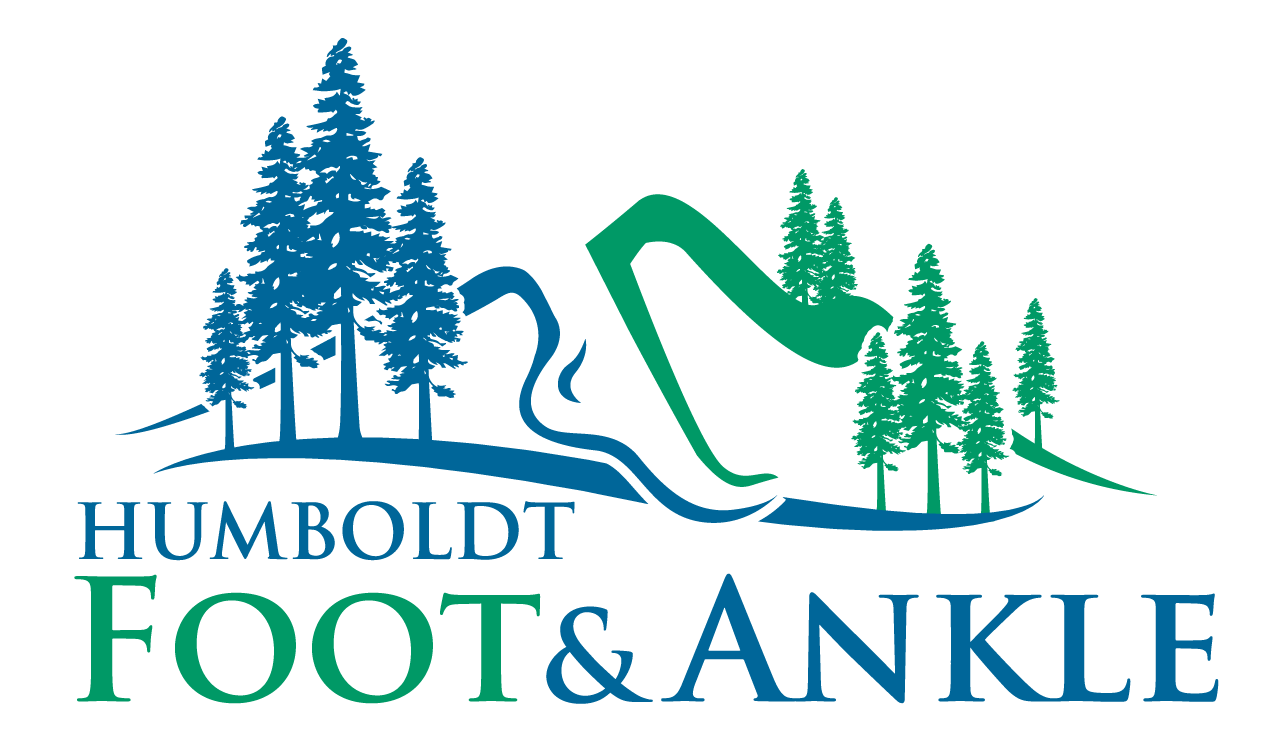What is Equinus?
Equinus is a condition in which the ankle is limited in its ability to bend upward. This makes it more difficult to take "normal" steps, and causes a lot of patients with equinus to find ways to compensate, whichm in turn, can cause other problems in the foot, leg, or back.
Causes of Equinus
Usually equinus is caused by a tightness in the Achilles tendon or calf muscle. This tightness can be inherited from your family or present from the time your were born. Other patients can acquire this condition through situations that keep the foot pointed in a downward position, like being on crutches, in a cast, or frequent use of high-heeled shoes. Diabetes can also affect the Achilles tendon, causing tightness.
Foot Problems Caused by Equinus
If a patient compensates to being unable to bend their ankle, a wide variety of foot conditions can occur
- Plantar fasciitis
- Calf cramping
- Tendonitis
- Metatarsalgia
- Flatfoot
- Arthritis of the midfoot
- Pressure sores on the ball of the foot or the arch
- Bunions
- Hammertoes
- Ankle pain
- Shin splints
Diagnosis
Your podiatrist will evaluate your ankle's range of motion while your knee is bent and straightened to identify if the tendon or muscle is tight. They may also order x-rays.
An illustration of the muscles that can cause equinus.
<img alt="" https:="" www.foothealthfacts.org="" foothealthfacts="" media="" conditions="" equinusfinalillus.jpg"="" style="width: 357px; height: 371px;">
